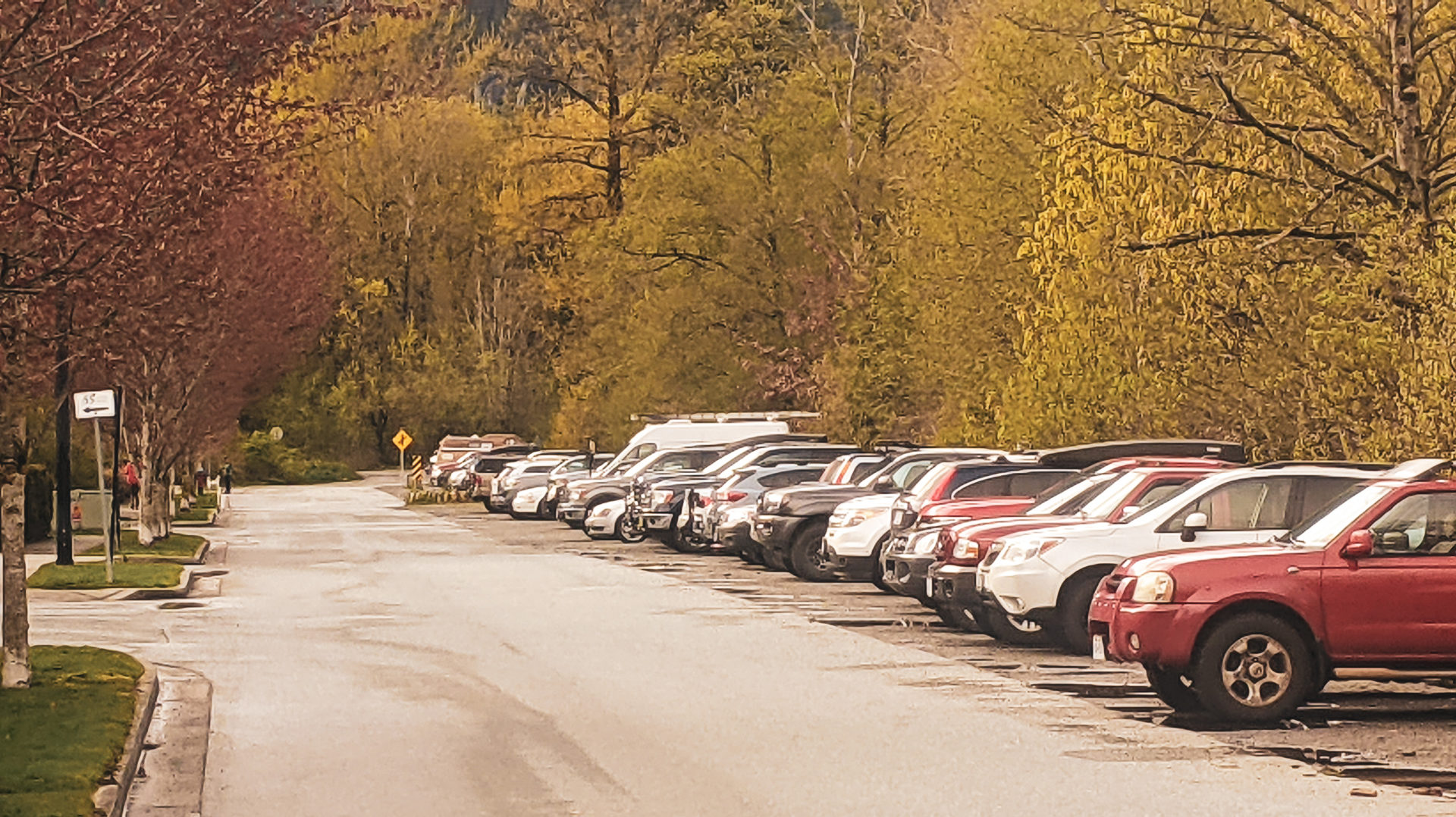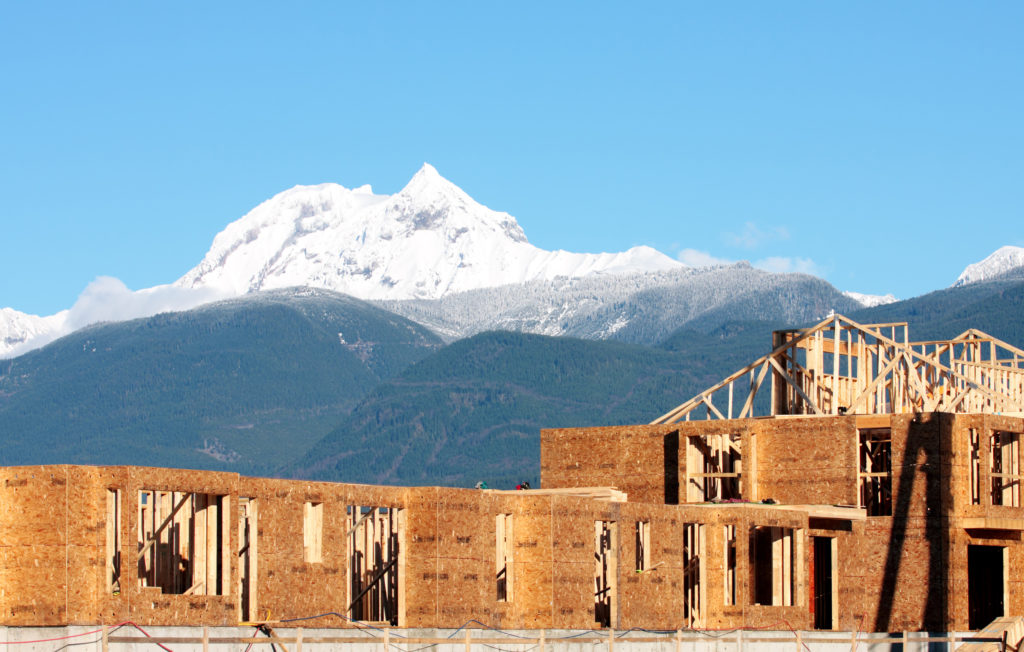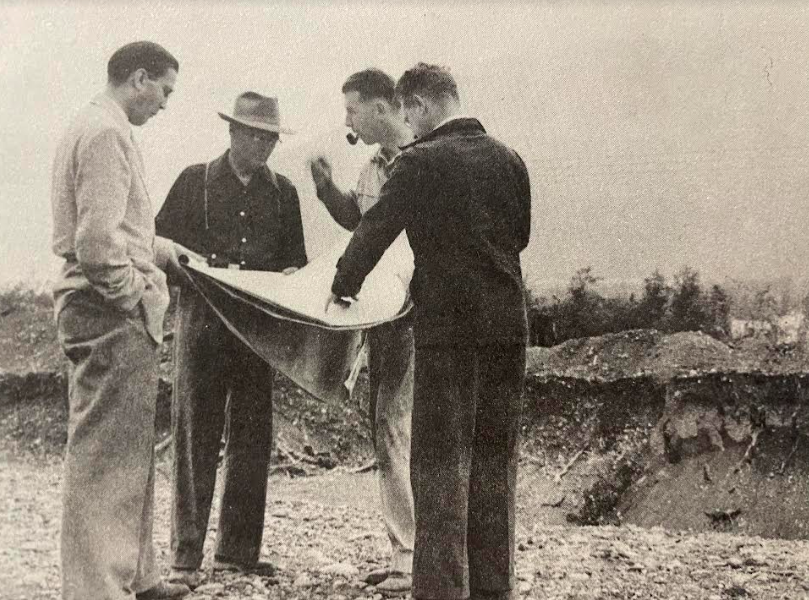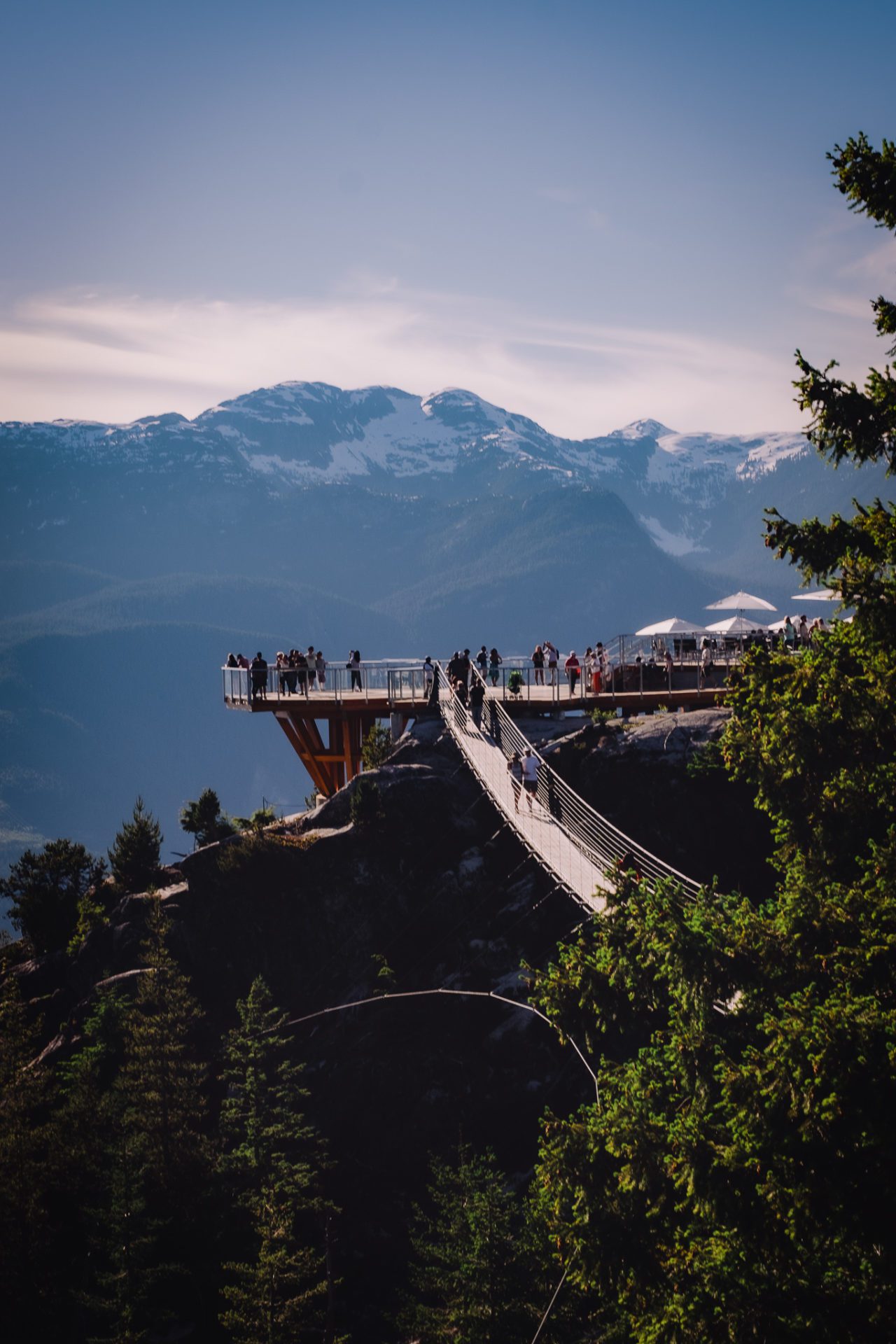Instead of granting parking variances to every developer, how about requiring developments that want parking variances to have “flex space,” which could be extra parking or visitor parking but could be repurposed into something else.
The space could be under the control of the strata council. If it was not needed for parking, it could be repurposed for whatever the strata decide.
Here are some top of mind suggestions:
- A place for kids to play ball-hockey or basketball or a playground.
- A place for (attractively faced) storage units (who doesn’t need more storage?)
- A shared car depot.
- Gardening Plots or other landscaping.
- Pickle Ball Courts 😉
Some of these things would work only outside, but some could work in undercover parking.
Once an area is built, the space is gone and not returned. If residents need more parking than is allocated – they will have to find it on the nearby streets or the CN right of way. We are quickly running out of places to park near the more densely populated areas in town. If the flex space is available, the development will have fulfilled its role of providing adequate parking for its residents & their visitors. If the parking is not needed, the residents will have another way to enjoy their property.
The reality of Squamish is long commutes, sparse transit, bad weather, and busy schedules that affect parents who need to get various kids to various places at multiple times. Or adults who want to go and play in the trails and cliffs in their limited free time, living the car-free dream is not always convenient or realistic in our town.
Parking is interconnected. If fewer residential parking spaces are available, residents and visitors park elsewhere. Soon, parking for employees and customers or clients is filled up, and people stop visiting commercial areas because they cannot find parking.
Let’s keep our options open!




